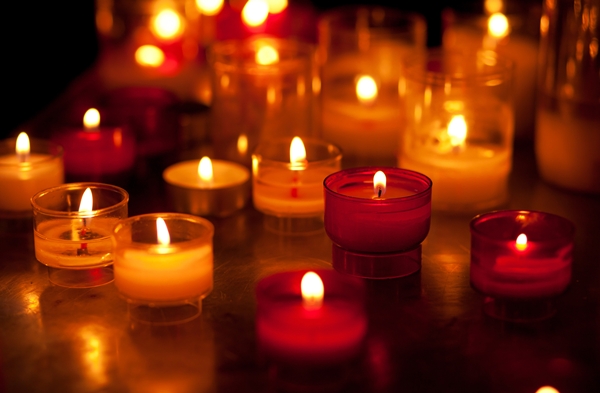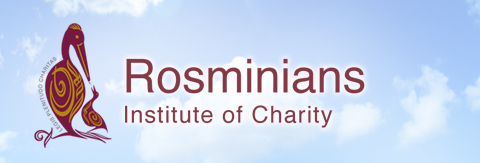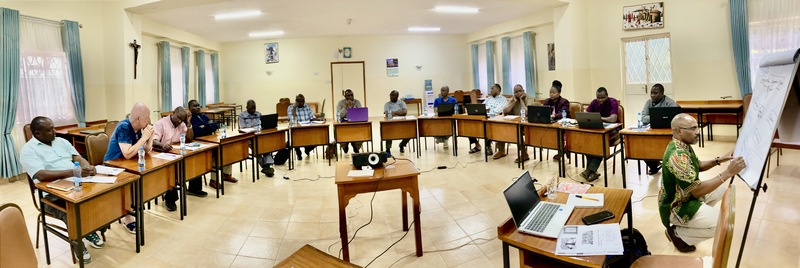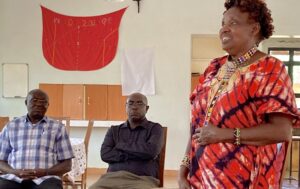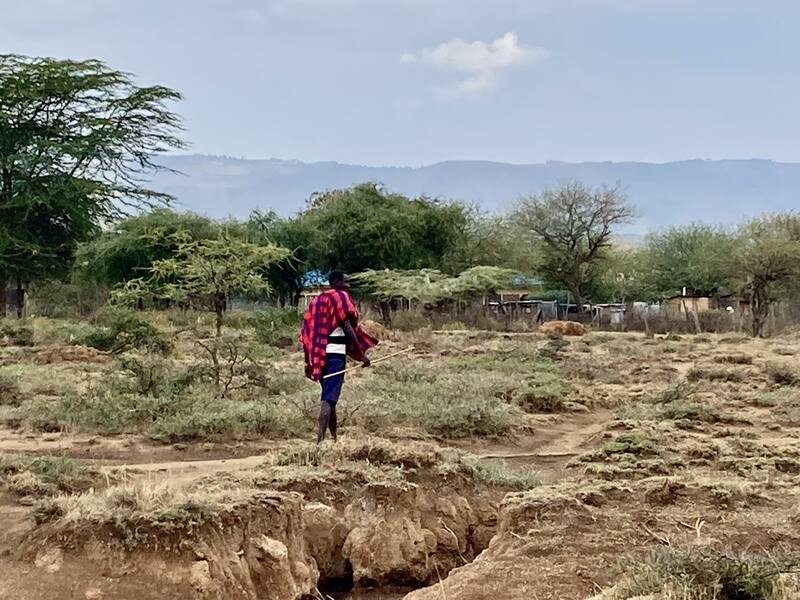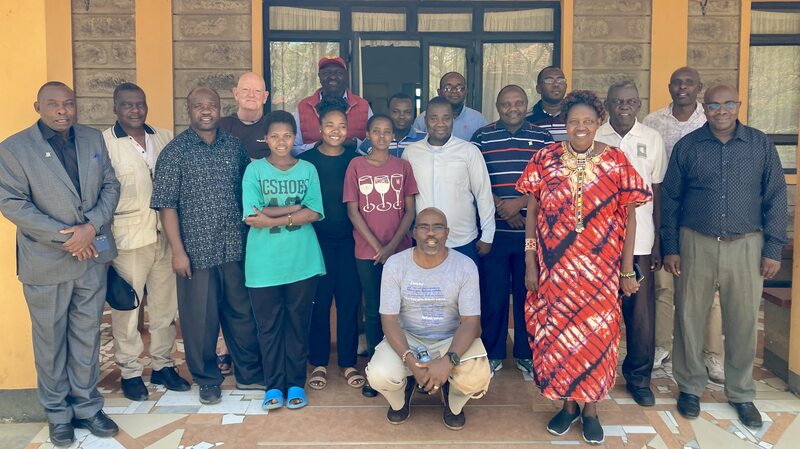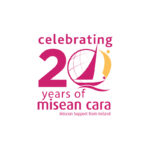Vocations to religious life are growing in Africa, and this is true also of the Rosminian Congregation in East Africa. Rosminian priests spend about ten years preparing for their ordination. Many then work in parishes. But some are appointed as school managers, or community development or health centre directors and they find that they need new skills for these roles. This was the feeling at a recent skills training workshop in Nairobi, Kenya in October, which was attended by 14 managers and staff, currently working in Rosminian projects in Kenya and Tanzania. Over three days, facilitated by the Rosminian MDO, Michael Hanly, and the Misean Cara East Africa Mentor, Paul Gichuki, the focus was on project cycle management skills, budgeting and safeguarding. Participants were keen to learn more, and they also spent time selecting further training opportunities for online courses.
By the end of the workshop, most felt they would like to continue training, so they could perform as well as possible, as project managers, administrators, etc. By the end, the workshop feedback was positive from the participants: “Most of us didn’t previously have the knowledge, but now I have an insight into how to go about asking donor agencies fort funding”. “Personally, I learned new skills, eg. budgeting, and how it is related to the mission I am doing as a Rosminian”. “Above all I have started to learn new skills on planning and management.”
One of the highlights was a practical project visit to a community development project in a Maasia community. The project works on two main issues: advocating for the rights of girls to prevent them being forced into early marriage as teenagers – often as young as 13 or 14; and also to prevent FGM (Female Genital Mutilation). We heard how these problems are being addressed by an innovative project led by Mama Grace and her team, at the MAC Centre, run by the Rosminians. The centre (based in Ewuaso, about an hour outside Nairobi) for over ten years has supported teenage girls who have run away from home because of the danger of being forced into a marriage at too young an age, or FGM. These are daily cultural practices within Maasai communities in East Africa. Mama Grace spoke with passion about girls’ rights and she knows the culture well as a proud Maasai woman. She stresses the need for education for all, up to age 18 and beyond, especially for girls in the local area so they can make their own choices about work, marriage, or family.
Thanks to Misean Cara who supported the workshop, through a capacity building grant.
